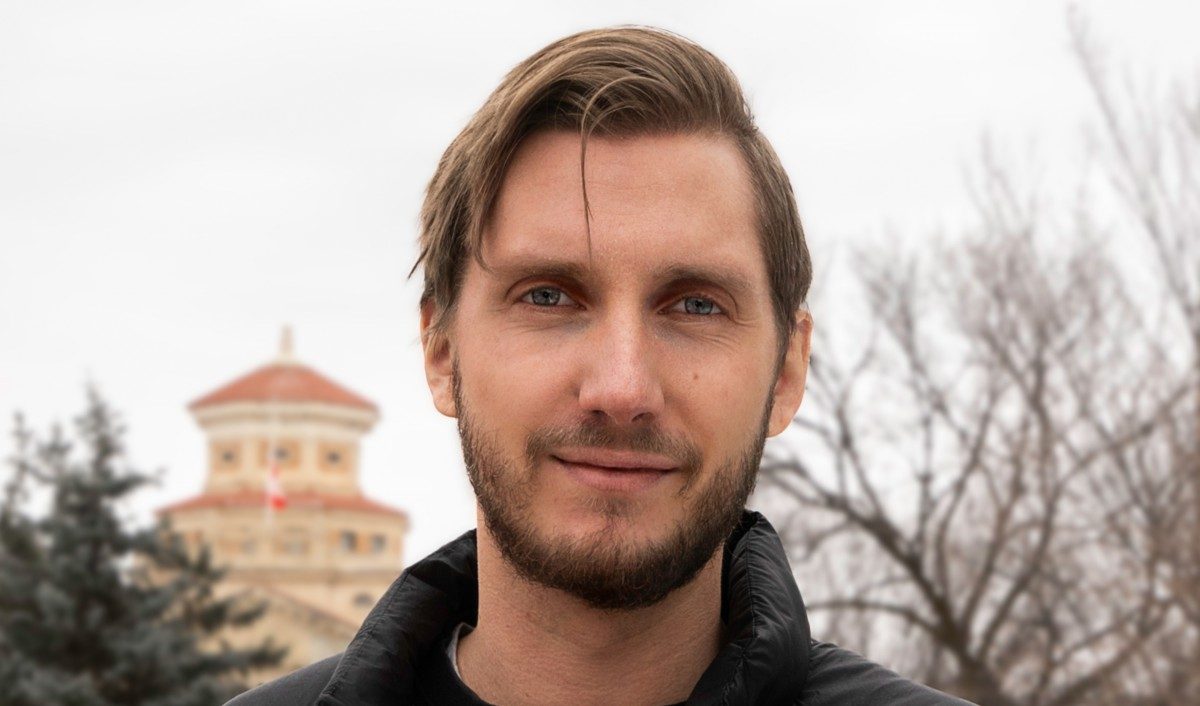
Dr. Erik Magnusson helps researchers to apply for grants and to create long-term funding strategies.
Granting advice
Facilitator offers support for researchers
Research adviser Dr. Erik Magnusson has two words of advice for anyone applying for a grant: Start early.
“You have to plan ahead and make sure that you’re leaving lots of time to put together a successful application,” Magnusson says, adding that even in the few months since he’s started in this new role, applications for what are otherwise promising projects were abandoned because professors started too close to deadline. Missing a deadline can mean that a project is sidelined for up to a year.
As research facilitator, Magnusson sees his role as supporting faculty members in their research agendas—mostly helping them to identify and successfully apply for funding opportunities necessary to pursue further research—such as small-scale faculty grants to larger seed grants from U of M’s Office of Research Services to longer-term tri-agency grants through SSHRC.
“My goal is to is to help each faculty member succeed, or at least give them the best chance they can at being successful in each grant that they send me,” Magnusson says, adding he would like to increase the number of tri-agency grants secured by faculty in years to come.
“These the tri-agency grants are competitive, and it usually helps if you’ve conducted a pilot study to serve as the basis for your application. But all of this takes a lot of time.”
For newer faculty, Magnusson can play a facilitating role, helping navigate the grant-application process. He also offers to aid faculty in developing a long-term funding strategy that fits their tenure and promotion review.
“So, I think for them is especially important to apply early on. And that’s one of the ways in which I can help them,” Magnusson says.
Magnusson holds a D.Phil in political theory from the University of Oxford, where he studied as a SSHRC Doctoral Fellow. Following the completion of his D.Phil in 2016, he spent two years as a post-doctoral researcher at the Universitat Pompeu Fabra in Barcelona, Spain, working as part of a European Research Council project on Justice and the Family: An Analysis of Normative Significance of Procreation and Parenting in a Just Society. His current research is in social and political philosophy, with a special focus on debates surrounding intergenerational and family justice. His research has appeared in several journals and academic presses, including Bioethics, Canadian Journal of Philosophy, Ethical Theory and Moral Practice, and Oxford University Press.
Most recently, Magnusson lectured at University College this week on the topic of the “non-identity problem & how might it be solved.”
For more information on Magnusson and his work, visit his website.






